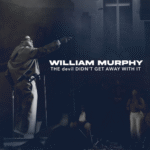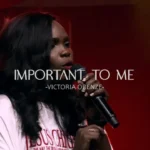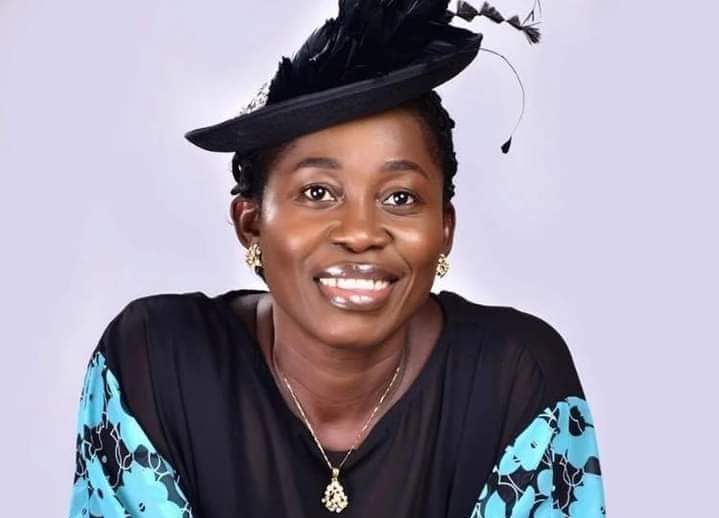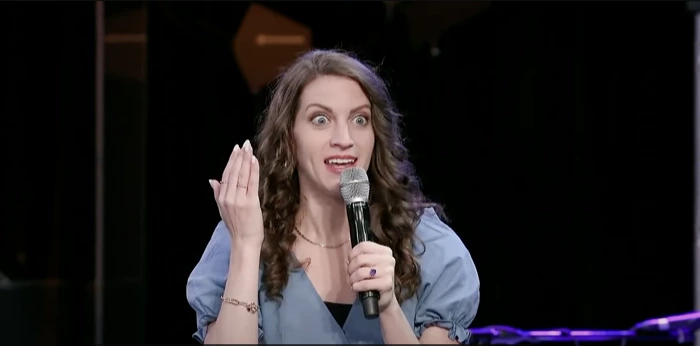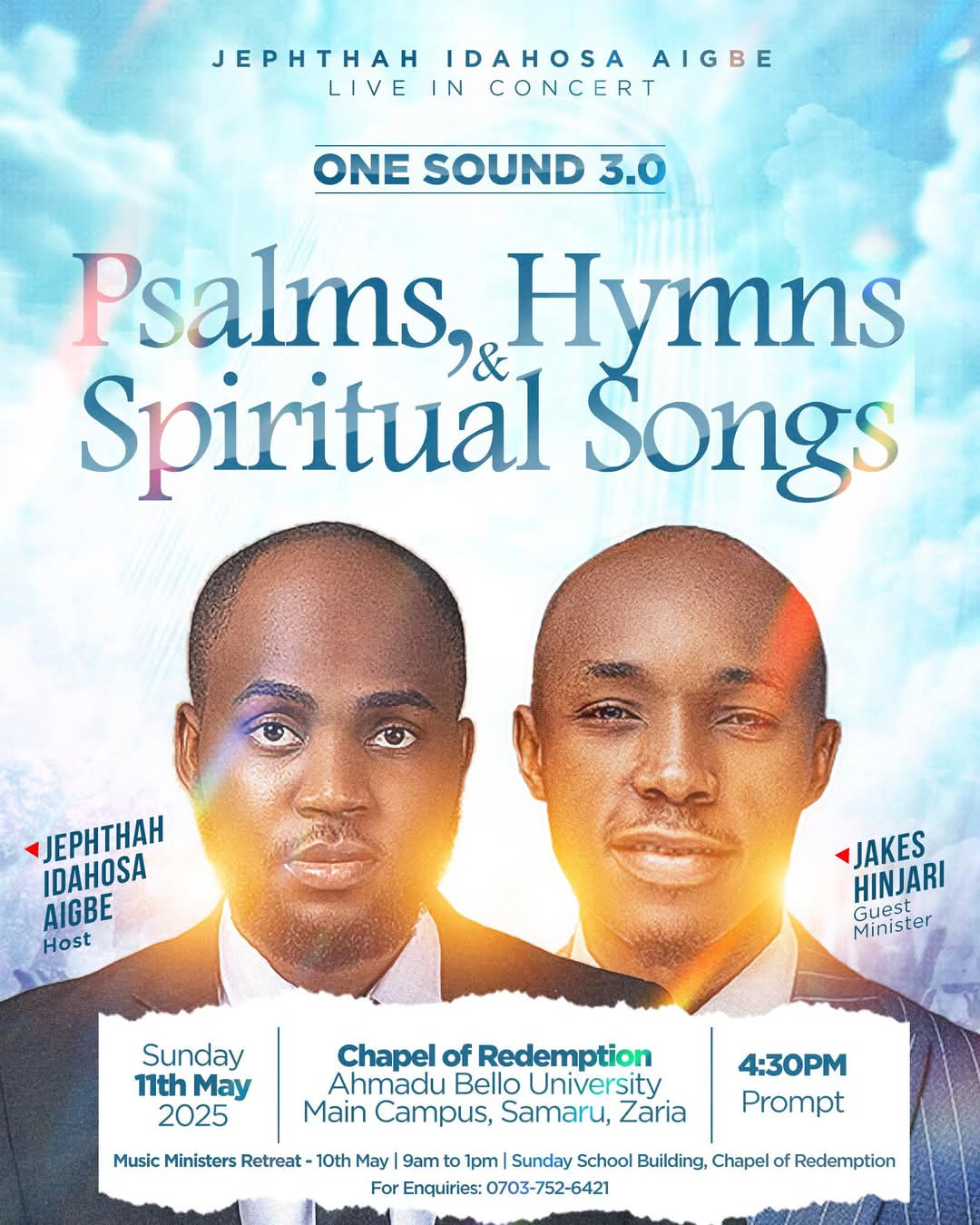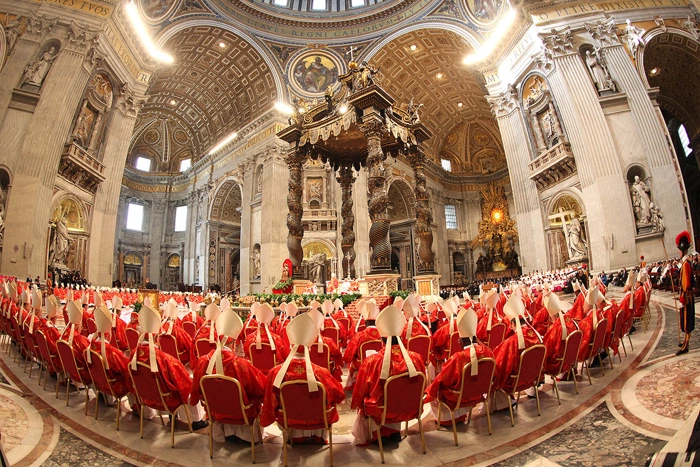Surprise in the Vatican: Cardinal Robert Prevost Elected as Pope Leo XIV, First-Ever American Pontiff
VATICAN CITY, May 8 — In a historic and unexpected turn, Cardinal Robert Francis Prevost, a quiet missionary and theologian from Chicago, was elected the 267th pope of the Roman Catholic Church on Thursday, becoming the first American to hold the papacy. The 69-year-old took the name Pope Leo XIV, reviving a title not used since the early 20th century and signaling a papacy likely rooted in both tradition and reform.
The announcement came with the familiar yet always electrifying sight of white smoke billowing from the chimney above the Sistine Chapel, followed by the thunderous cheers of tens of thousands gathered in St. Peter’s Square. Moments later, the new pope emerged onto the central balcony of St. Peter’s Basilica, offering his first blessing to the world.
“Pace a tutti voi — Peace be with you all,” Leo XIV said warmly in Italian, before also speaking briefly in Spanish. Notably, the American-born pope did not speak in English during his first public appearance, a choice seen by some as a reflection of his international identity.
A Humble Shepherd from Chicago to Peru
Though little known outside ecclesiastical circles, Robert Prevost has long been admired within the Church for his blend of intellectual rigor and pastoral compassion. A graduate of Villanova University and the Catholic Theological Union, he earned advanced degrees in canon law in Rome before dedicating more than two decades to missionary work in Peru, where he eventually served as bishop of Chiclayo from 2015 to 2023.
Fluent in multiple languages and holding dual Peruvian citizenship, Prevost was named a cardinal in 2023 by Pope Francis, who also appointed him Prefect of the Dicastery for Bishops, giving him enormous influence over episcopal appointments worldwide.
“He’s always had the heart of a missionary,” said Sister Barbara Reid, president of the Catholic Theological Union, who taught Prevost during his formative years. “But he also carries an astonishing intellect and a fierce commitment to justice. It’s a rare blend — and now the whole world will see it.”
Back in Chicago, cheers erupted at the theology school where Prevost earned his master’s degree in 1982. “It was a complete explosion of joy,” Reid said. “We were stunned, then overjoyed, then just deeply proud.”
A Papacy of Continuity — and Contrast
Leo XIV’s election follows the death of Pope Francis, whose 12-year pontificate ushered in an era of reform, dialogue, and outreach to the marginalized. Though considered a loyal supporter of Francis, Leo XIV’s election stunned many Vatican watchers, who expected the conclave to select a more prominent figure.
There was a momentary hush in St. Peter’s Square when his name was first announced — a pause of unfamiliarity that quickly turned into celebration.
“Most of us thought a U.S. cardinal would never become pope,” said Vatican journalist Rev. Thomas Reese, SJ, “but his support from Latin American cardinals—where he lived and served for 20 years—was key. He is multilingual, pastoral, and has a reputation as a listener. The Holy Spirit continues to surprise us.”
Notably, Pope Leo appeared in a traditional red mozzetta over his white cassock, in contrast to the simpler garb favored by Pope Francis. The sartorial shift may hint at a desire to reclaim some aspects of papal tradition, even as he upholds Francis’ call for a Church “close to the people, especially those who suffer.”
In his inaugural speech, Pope Leo XIV thanked his predecessor and pledged to carry forward a vision of a Church rooted in “peace, charity, and engagement with the modern world.”
The Legacy of the Name ‘Leo’
By choosing the name Leo XIV, Prevost aligns himself with a lineage that includes Pope Leo XIII, remembered for championing workers’ rights and Catholic social teaching. That choice may signal a papacy with a renewed emphasis on social justice, a theme deeply woven into Prevost’s ministry.
World leaders quickly responded to the election. Spanish Prime Minister Pedro Sánchez congratulated the new pope, expressing hope that his pontificate would “strengthen dialogue and the defense of human rights in a world in need of hope and unity.”
Closer to home, former U.S. President Donald Trump posted on social media: “What excitement, and what a Great Honor for our Country. I look forward to meeting Pope Leo XIV. It will be a very meaningful moment!”
American Catholics React with Emotion
Reactions across the United States were immediate and emotional. In Seattle, 28-year-old Lailah Brown, an African American Catholic, expressed cautious optimism. “I’m just thrilled,” she said. “I hope this can bring to America a more loving community. I think there’s a lot of hate, a lot of racism. I’ve experienced it. I just hope America doesn’t embarrass the pope.”
That sentiment — pride mixed with hope — seems to echo across the global Church as it welcomes its first American pontiff. Whether Leo XIV will become a reformer, a bridge-builder, or a traditionalist remains to be seen. But for now, his very election is a statement: that the center of Catholicism may be in Rome, but its heart beats across every continent — including North America.

